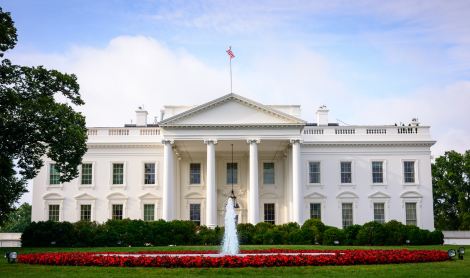For the last few years, legislators in New Mexico have been wrestling with a difficult question: how do charter school authorizers effectively oversee charter school governing boards in order to protect the public interest, while preserving autonomy?
A bill recently introduced in New Mexico would require charter school authorizers to “oversee the governing body’s compliance with federal and state laws and, if necessary, take action following the appropriate steps when the governing body is not [in compliance].” It would also require authorizers to adopt policies and practices, aligned with nationally recognized principles, around “governing body monitoring and intercession.” A similar bill was first introduced two years ago: we were critical of the initial 2019 bill, but the amended version, which this year’s bill renews, was much narrower in its construction.
Organizational performance is one of the three key metrics authorizers should be monitoring, alongside academic and financial performance. Without clear, objective standards, which are easy to establish for academic and financial performance, governance oversight creates the greatest risk of infringement on autonomy. At the same time, ensuring charter schools comply with the terms of their contract, as well as state and federal laws and regulations, is essential for protecting the public’s interest.
The challenge is establishing when and how an authorizer may intervene. New York, for example, is typical of many states: authorizers have a responsibility to provide oversight “sufficient to ensure that the charter school is in compliance with all applicable laws, regulations and the charter provisions,” but, beyond revocation or termination of the charter, law is silent on how else an authorizer may intervene.
Two states, Michigan and Nevada, give authorizers more direct authority to intervene. In Michigan, the authorizer is responsible for establishing selection criteria for governing board members and, while the charter school identifies candidates, the authorizer is ultimately responsible for evaluating qualifications and may ultimately remove governing board members. In Nevada, an authorizer has the power to reconstitute a charter school’s governing board in certain circumstances, including material breach of the charter, law, or regulation.
The impact in those states is unclear. In Michigan, though authorizers are instrumental in establishing the initial board, they are hesitant to remove board members, especially following investigative reports in 2014 of questionable removal practices. In Nevada, board reconstitution has been occasionally used or threatened, but often only as part of a larger turnaround effort.
Ultimately, the lesson for policymakers mirrors what we found in the Quality Practices Project: one-size-fits-all policies are no substitute for proven authorizer experience. A strong policy framework is essential to quality authorizing, but the goal should be set authorizers up for success, not to substitute their judgment.
Jason Zwara analyzes and develops charter authorizing policies as part of NACSA’s policy team. He tracks state and federal charter school legislation and develops policy resources for members and advocacy partners. Have policy questions? Please reach out to Jason at [email protected]


